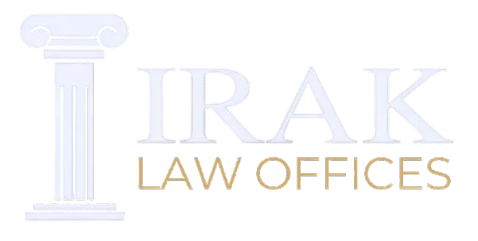Recent advancements have made one thing abundantly clear — Artificial Intelligence (“AI”) isn’t just for tech giants. Over the next decade, AI and machine learning will radically impact how lawyers do their jobs and the experience of the average client. Many of these changes promise more personal attention, better efficiency, and even lower costs. However, they will also raise new questions and unique challenges concerning privacy and security.
Opportunities for Clients
Faster, More Accurate Answers:
As AI continues to advance over the next decade, lawyers will be able to instantly pull up relevant cases and documents with the help of cutting-edge software, instead of spending hours combing through legal research manually. This will mean less time waiting and more time getting straight to the heart of your issue, leveraging your lawyer’s ability to deliver fast results.
Smarter Contracts and Documents:
AI will be able to scan contracts for errors, spot risks, and suggest improvements in a matter of seconds. For you, that will mean faster deals, greater efficiency, and less “legalese” in your agreements.
Proactive Legal Guidance:
If there’s a change in the law that might affect your business or a specific case, AI will enable lawyers to discover the change immediately. That way, lawyers can alert clients to potential issues, without delay, before they become costly problems.
More Affordable Services:
By automating routine tasks and freeing up attorney time for higher level issues, AI can lower overhead costs. While AI tools themselves will come at a cost, overall, this will likely translate to better rates for clients and more “bang for your buck”.
Potential Challenges
Ethical Questions:
AI isn’t, and never will be, perfect. What if the data used to train it is biased or incomplete, or the answers given by AI are simply wrong? Recently, a New York lawyer faced possible sanctions for citing to a completely fake case—“hallucinated” by ChatGPT—in a legal brief submitted in court. Lawyers must stay on top of these issues to ensure clients receive fair, unbiased counsel. Further, attorneys must always double- and triple-check any work performed by AI systems.
Protecting Client Confidentiality:
Attorneys are ethically obligated to protect their client’s confidentiality. AI tools rely on massive amounts of data, and for legal software, this data may include sensitive client information. Data privacy is a critical, evolving issue in the field of AI and machine learning. AI developers and responsible lawyers must ensure that robust safeguards are in place so that client data is protected and always stays safe, secure, and private.
Looking Ahead
AI, no matter how powerful it is, won’t replace attorneys. But it will empower them to serve clients at a higher level — e.g., faster responses, greater precision, and more personalized, streamlined advice. While there are still significant hurdles to overcome, AI presents an opportunity for a future client experience that is more finely attuned to your unique legal needs. At Irak Law, we are closely following the latest in AI technology, ensuring our clients benefit from innovative tools that will enhance our ability to deliver exceptional representation and results. As technology evolves at a breakneck pace, our commitment to providing personalized, high-quality legal services remains firm and unchanging.




